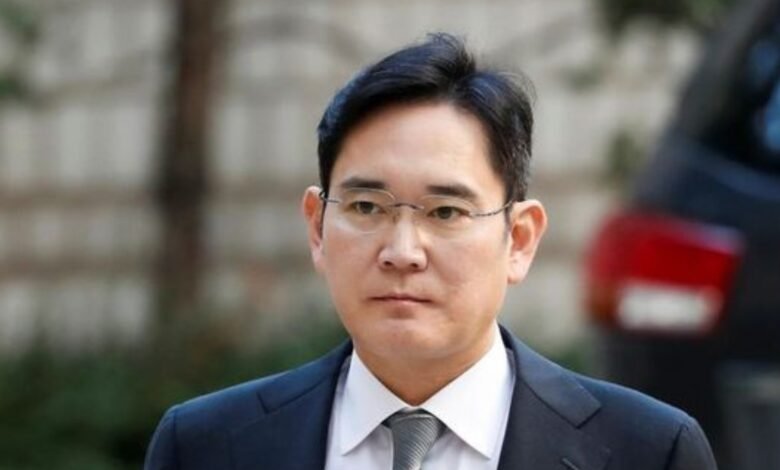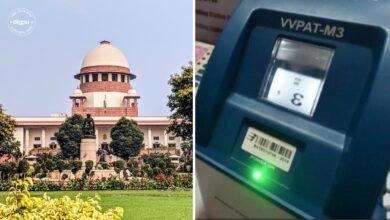Samsung Chairman Jay Y Lee Declared Innocent in Landmark Accounting Fraud and Stock Manipulation Trial
Seoul Court's Surprising Verdict Sparks Controversy and Reflection on Corporate Governance.

Seoul, South Korea: In a surprising turn of events, Samsung Electronics Chairman Jay Y. Lee has been found not guilty of accounting fraud and stock manipulation by a Seoul court. The charges were related to a 2015 merger of Samsung affiliates, which prosecutors claimed was orchestrated to solidify Lee’s control over the technology conglomerate.
Last November, prosecutors had sought a five-year jail term for Lee, but he consistently maintained his innocence, arguing that the merger was executed with the belief that it would benefit shareholders. The unexpected ruling could still face an appeal from prosecutors.
This verdict marks a significant development for Lee, who faced the possibility of returning to jail. In 2017, he was convicted of bribery in connection with a close associate of former President Park Geun-hye. Lee served 18 months of a 30-month sentence before being pardoned in 2022 by the current President Yoon Suk Yeol, who cited Lee’s role in addressing a “national economic crisis.”
In the recent case, prosecutors accused the 55-year-old Lee and other former executives of violating the Capital Markets Act to engineer a merger between Samsung C&T and Cheil Industries, allegedly at the expense of minority shareholders’ interests. Before the merger, the Lee family and associated entities controlled Cheil, while Samsung C&T, a major shareholder in Samsung Electronics, was not under their influence.
South Korea’s largest conglomerates are often controlled by their founding families, with the public oscillating between frustration over various scandals involving these families and acknowledgment of their contributions to the nation’s economic success. As of the end of September, the Lee family and affiliated entities held a 20.7% stake in Samsung Electronics.
The verdict raises questions about corporate governance and the influence of family-controlled conglomerates in South Korea, as Lee’s acquittal may further fuel debates about the balance between business interests and shareholder rights. The possibility of an appeal by prosecutors adds an element of uncertainty to the case, leaving the final resolution of this high-profile legal battle still hanging in the balance.







